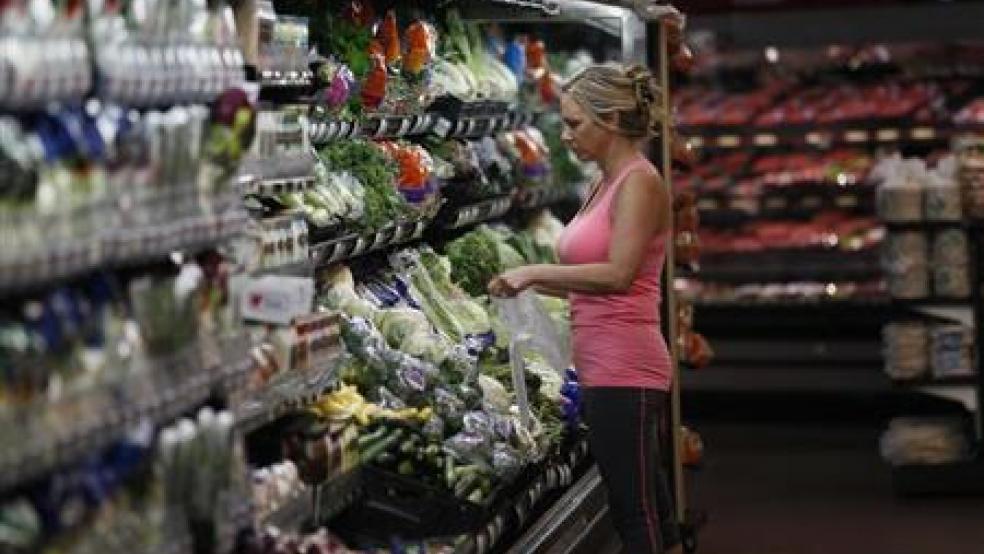"Repositioning the core brand may help to improve the situation," he said, "but in our view, new brands and products are needed that better respond to the demands of these new consumers."
Two ways big food and beverage companies are trying to address shifts in consumer taste include innovating existing products using in-house capabilities or outsourcing R&D by way of acquisitions to add new brands or categories. But the report said that innovation—or a "build, not buy" strategy—can result in a "potentially more disruptive" risk for companies because "it requires a reordering of strategic priorities and a longer-term perspective.
Related: Obamacare’s $273 Billion Bonanza for Paper Pushers
As for acquisitions, there's already a trend among big food companies to buy niche brands in the organic and natural foods areas. Hormel Foods, for example, just last week announced it would acquire Applegate Farms, a natural and organic prepared meats manufacturer, for $775 million.
CNBC reached out for comment to the major brands mentioned in the report. A spokesman for Campbell Soup said "condensed soup remains an important part of our business," adding that "the company has been focused on reshaping its portfolio to respond to changing consumer tastes. We have been talking for some time about these consumer shifts, for example, the increased interest in health and well-being and fresh foods.
The company pointed out that it has made moves to shift its "center of gravity" into faster-growing areas, citing its acquisitions of Bolthouse Farms, a producer of fresh carrots and refrigerated beverages, and Plum, an organic baby food maker. The company also offers new items including organic soup.
Kraft declined to comment. Other big companies contacted by CNBC had not responded by deadline.
"Smaller companies have proven adept at spotting and responding to new trends and gaps in the market," according to Rabobank. That said, when independent companies are acquired by the larger companies, "their brands run the risk of losing that authenticity in the eyes" of consumers.
Related: How Hillary and Bill Have Democrats Legally Conned
Besides the packaged foods landscape, the report said a new generation of small- to mid-sized competitors is finding its way into the food service, soft drinks and alcoholic beverage industries. The drivers behind the trend include the rise in purchasing power of today's 18-to-34-year-olds—the so-called millennials.
"They're more experimental in their food and beverage choices, more health-conscious (seeking fewer processed foods)," the report said, adding that millennials "also appear willing to spend a greater share of their income on food, as many of these new brands aren't cheap."

